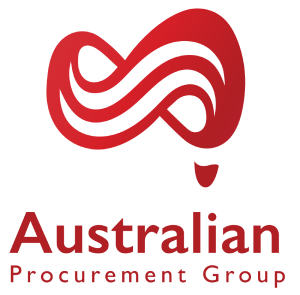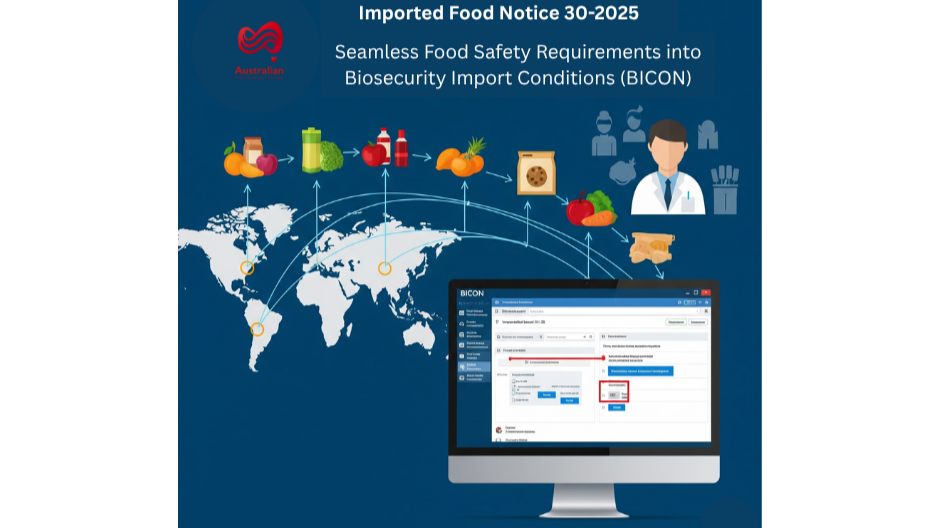APG is pleased to announce an important update regarding the import of food products into Australia, which will streamline processes and enhance clarity for our international partners. The Australian Department of Agriculture, Fisheries, and Forestry (DAFF) recently issued Imported Food Notice (IFN) 30-25, signalling a significant integration of food safety requirements into the Biosecurity Import Conditions system (BICON), effective June 14, 2025.
This change marks a pivotal step towards a more unified and efficient import clearance process, benefiting food importers, trading partners, and regulatory bodies alike.
What’s Changing?
From June 14, 2025, the food safety requirements that apply to food imported for sale into Australia will be fully incorporated into the existing BICON system. This means:
- Single Source of Truth: Exporters and importers will now have a single, comprehensive platform to search for both biosecurity import conditions and imported food safety requirements. This eliminates the need to navigate multiple departmental resources.
- Enhanced Search Capabilities: You will be able to search for imported food safety cases within BICON using familiar methods—by entering the goods description, tariff code, or scientific name.
- Clearer Guidance on Requirements: BICON food safety cases will provide detailed information on: (1) Prior to Import: What documentation is required before your goods even leave their origin country? (2) On Arrival: applicable analytical tests and procedures for nominating a laboratory. (3) Post-Inspection: What happens after an imported food inspection is completed?
- Reduced Delays at the Border: The increased clarity on required documentation and inspection processes is expected to minimise requests for missing paperwork and reduce confusion, leading to fewer delays and cancelled inspections at the Australian border.
- Improved Service Consistency: Departmental officers across Australia will utilise this single source of information, ensuring a more consistent, efficient, and streamlined clearance process for all food imports.
What This Means for You (International Exporters):
This integration into BICON represents a positive step towards greater transparency and predictability in exporting food products to Australia. APG encourages all international businesses exporting goods covered by DAFF’s food safety requirements to:
- Familiarise Yourself with BICON: If you haven’t already, begin exploring the BICON system. Understanding its layout and search functions will be crucial for efficient compliance.
- Review New BICON Food Safety Cases: Once the system goes live on June 14, proactively search for your specific products to understand the updated food safety requirements, especially those applicable prior to import.
- Ensure Documentation Accuracy: With BICON specifying required documents, meticulous preparation of all necessary paperwork before shipment will be more critical than ever to avoid delays.
- Prepare for Inspections: Utilise the clear advice within BICON on documentation required at inspections and how to ensure goods are ready for inspection to facilitate a smooth process.
APG is committed to assisting our international partners in navigating these regulatory changes. We believe this initiative by DAFF will significantly benefit the entire import ecosystem by fostering greater clarity and efficiency.
For more detailed information, please refer directly to the DAFF Imported Food Notice 30-25 and the inclusion of food safety requirements in the BICON webpage on the official DAFF website.






